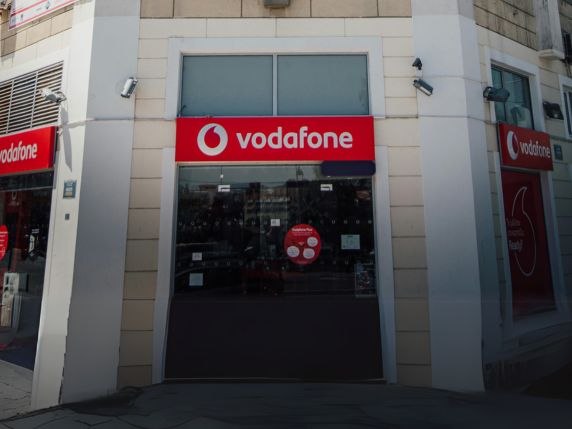Rishi Khosla, the creator and founder of OakNorth, one of the UK’s most valuable technology companies at an estimated worth of £2.3bn, has recently gone to the press, urging the Government to introduce a UK ‘unicorn visa’. Khosla is demanding a fast-track visa system capable of processing applications within 48 hours if an applicant secures a position with a ‘unicorn company’, a business valued at more than £1bn.
Khosla states that a unicorn visa would “slash the time it would take start-ups to recruit overseas talent post-Brexit.” The main target applicants for this new visa category would be individuals making a visa application under either the Tier 1 (Exceptional Talent) or Tier 2 categories. One of the central issues causing Kholsa to call for a new visa is the extended time it takes for UK Visas & Immigration (UKVI) to process the application – at least 2 months in each case. Khosla is not alone at driving forward proposals for a ‘unicorn visa’. Will Shu, boss of $2bn food delivery app Deliveroo, has joined Kholsa in urging the Government to introduce a special visa system for unicorns to prevent stagnation of the tech sector, especially when Britain leaves the EU.
The number of Tier 2 visas approved by the Home Office for workers from outside Europe increased by 15% to 106,524 during the first three months of 2019. Applications for the Tier 1 (Exceptional Talent) Tech Nation visa climbed by 45% to 650 applications over the first half of the current calendar year. There has been some debate centred on previous attempts to improve the UK visa system over the past few years. A recent example is the widespread ridicule of the Innovator and Start-Up visas, launched in March 2019, which target foreign entrepreneurs who have started or plan to launch a scalable business.
There seems to be willingness by the current Prime Minister to attract foreign talent, particularly within the science and research sectors. Recently, Prime Minister Boris Johnson announced that a new fast-track visa route will be created for foreign scientists coming to the UK, in order to boost the science sector. The fast-track immigration route will be designed to attract researchers and specialists working in science, engineering and technology.
Boris Johnson has commented that he wants to ensure the UK attracts “the very best minds from around the world” explaining that “Britain has a proud history of innovation, with home-grown inventions spanning from the humble bicycle to the lightbulb. But to ensure we continue to lead the way in the advancement of knowledge, we have to not only support the talent that we already have here, but also ensure our immigration system attracts the very best minds from around the world.”
I have a feeling that major technology firms in the UK may see some movement in the near future towards fast-track visa applications, which will ensure that the technology sector can continue to attract skilled talent from foreign countries, in much the same way as the proposals for highly skilled scientists.
The introduction of a ‘unicorn visa’ may mark a significant change within the current Immigration Rules. However, the Migration Advisory Committee (MAC) and the Government need to consider a full review of the UK visa system. A completely new regime which embraces skills needs and the ability to hire foreign talent within an efficient visa system would be a welcome addition in the future for UK employers.
However, in my opinion one area of concern is the practical steps required for a fast-track visa to be approved. The Home Office have outsourced many entry clearance applications to third parties such as Teleperformance and VFS Global – both of which have encountered numerous issues that have been well documented over recent months, such as the uploading of documents and enrolling of biometrics. Could these third parties be trusted to process and run a new fast-track visa system? Ensure timely processing of such applications? Correct decision making? A high level of training will be required for Entry Clearance Officers (ECOs) to fully understand the application process, not to mention the right technology and infrastructure to cater for any ‘unicorn visa’ system which may or may not appear in the near future.






